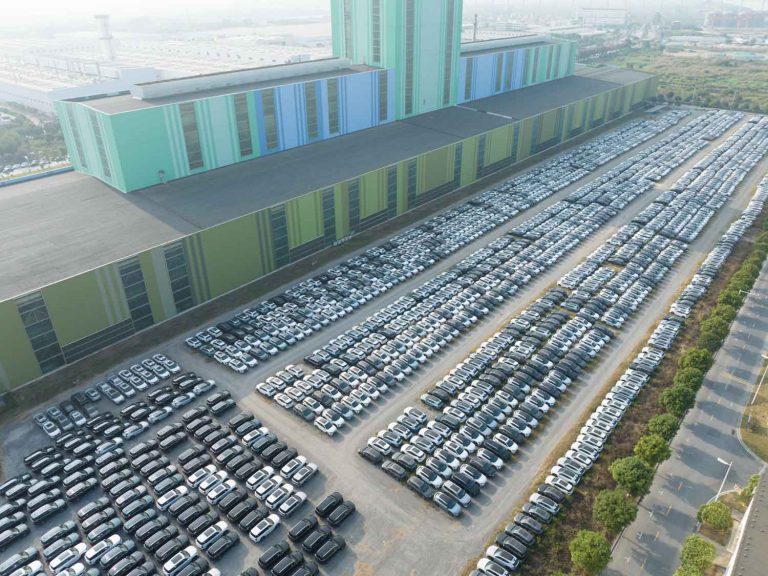
Date:
China dumping fears growing
The United States is voicing increasing concerns that Chinese manufacturing overcapacity will hit world markets, while the EU launched an anti-dumping investigation into China’s EV industry last year.
Senior US Treasury officials told the Financial Times this week that a visiting US delegation made its concerns clear that Chinese policies are focused on supply and that overcapacity will hit world markets.
The US is most concerned about advanced manufacturing and clean energy sectors such as electric vehicles, solar panels and lithium-ion batteries, while the EU has already launched its own anti-subsidy probe into imports of Chinese electric vehicles.
Chinese brands exported 280,000 vehicles to the EU in the first ten months of last year, with BYD, China’s biggest EV maker, selling 526,400 EVs globally last year. Yet the carmaker wants to increase its sales in Europe to 10% of global volumes by 2030, equal to 800,000 vehicles a year.
Elon Musk has already gone on record to say that China’s EVs are extremely good and that if there are no trade barriers established, they will pretty much demolish most other car companies in the world.
However, exports from China have been affected by RoRo capacity shortages, with BYD among the manufacturers that have commissioned their own RoRo vessels.
The EU launched its anti-subsidy probe into China’s EV industry last year, alongside several other investigations into allegedly unfair Chinese trade practices, including punitive tariffs on imports of plastic for bottles and opening a probe into suspected dumping of biofuel.
China has launched reciprocal anti-dumping investigations and their commerce ministry this month announced plans to support the healthy development of overseas EV expansion, with BYD planning to build an assembly plant in Hungary.
The Chinese point to the fact that the US Inflation Reduction Act makes it cost-prohibitive to import Chinese lithium batteries and EVs, while nearly one-third of Chinese EV exports last year were cars of Elon Musk’s US company Tesla, produced at its factory in Shanghai.
And while US Treasury secretary Janet Yellen is expected to raise Chinese overcapacity with her G20 counterparts when they meet in São Paulo later this month, western manufacturers are facing US pressure to sever links with China following claims of forced labour in its supply chain.
US Customs impounded several thousand new VW vehicles because a Chinese subcomponent is alleged to have been manufactured in breach of forced labour laws.
And while we have seen significant spikes in demand from Thailand and Vietnam, with fashion brands in particular diversifying sourcing, there is still a huge proportion of the global supply chain reliant on China.
While leading global brands including Apple, Samsung, Sony and Adidas have shifted some production out of China, it only represents an incremental shift and it is clear that they are not leaving the region.
We continue to monitor the diversifying growth in production around south-east Asian countries, Latin America and EMEA, to support our customers’ diversification and sourcing strategies.
We have fixed price and long-term global capacity agreements in place with sea and air carrier partners, to support all your sourcing requirements with resilient, consistent and reliable supply chain solutions.
Our cloud-based supply chain management platform, MVT, simplifies global sourcing and vendor management, by making every milestone and participant in the supply chain transparent and controllable, down to individual SKU level.
EMAIL Andrew Smith to review our current freight profile movements to and from China and Asia.
